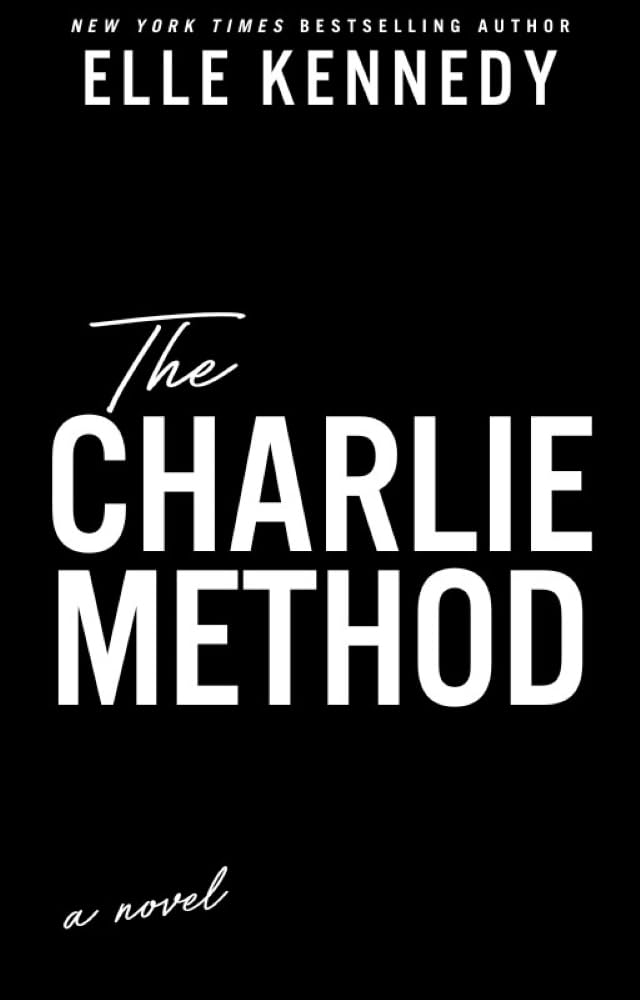Historical fiction serves as a gateway to understanding the past, allowing readers to immerse themselves in the lives and experiences of historical figures. One notable series that exemplifies this approach is “The Royal Diaries,” which brings to life the stories of young princesses and queens from different cultures and eras. Through a unique blend of factual history and imaginative storytelling, this series serves not only to entertain but also to educate and inspire young readers. In this article, we will explore the significance of “The Royal Diaries,” its impact on historical education, and the lessons it offers about the past.
Understanding The Royal Diaries Series

Published by Scholastic, “The Royal Diaries” series debuted in the late 1990s and consists of fictional diaries written from the perspective of young royal figures. The series aims to provide insights into the historical contexts of the characters’ lives, creating a rich tapestry of events, culture, and personal struggles. Each book is penned by a different author, and the series features a diverse array of historical princesses and queens, including:
- Cleopatra VII of Egypt
- Marie Antoinette of France
- Elizabeth I of England
- Princess Kaiulani of Hawaii
- Anne Frank, although not royal, is included for her significant historical context
Each diary entry is crafted to reflect the voice and perspective of the young protagonist, making history accessible and relatable to readers, particularly young girls. The series has garnered critical acclaim for its ability to blend education with engaging narratives.
The Importance of Historical Context in Fiction
One of the most compelling aspects of “The Royal Diaries” is its commitment to historical accuracy. Each book includes a timeline, historical notes, and information about the cultural setting, which enhances the reader’s understanding of the time period. This commitment to authenticity is crucial for several reasons:
- Encouraging Critical Thinking: By experiencing history through the eyes of a character, readers are encouraged to think critically about the events and the social norms of the time.
- Fostering Empathy: Readers can develop a deeper emotional connection to historical figures, recognizing their struggles and triumphs as relatable human experiences.
- Providing Diverse Perspectives: The series showcases a variety of cultures and historical contexts, enriching the reader’s understanding of world history.
For instance, in “The Royal Diaries: Cleopatra VII, Daughter of the Nile,” readers are transported to ancient Egypt, where they learn not only about Cleopatra’s life but also about the political intrigue and cultural practices of the time. Such insights are invaluable for contextualizing historical events beyond mere dates and facts.
Impact on Young Readers

“The Royal Diaries” series plays a significant role in shaping young readers’ perceptions of history. The format of a diary makes the content more engaging and digestible. Studies have shown that storytelling can enhance retention and understanding of historical facts, as narratives create a framework in which information is more easily remembered.
- Enhancing Literacy Skills: The series encourages reading and writing through its engaging narrative style, promoting literacy among young audiences.
- Inspiring Future Generations: By showcasing strong female figures from history, the series empowers young girls to view themselves as capable of making a difference in the world.
- Encouraging Historical Inquiry: The books often prompt readers to ask questions about the past, leading to further exploration and research.
Moreover, the series has been used in educational settings to supplement history curricula, providing a unique approach that combines literature with historical study. Teachers report increased engagement and interest in history when students read these fictional accounts.
Case Studies: Specific Titles and Their Historical Significance

To illustrate the impact of “The Royal Diaries,” let’s delve into a few specific titles and their historical significance:
1. “Marie Antoinette, Princess of Versailles” by Kathryn Lasky

This entry in the series provides insight into the life of Marie Antoinette before her rise to power. Through her diary, readers explore the opulence of the French court and the pressures that shaped her reign. The book serves as a narrative backdrop for understanding the factors leading to the French Revolution, offering a human perspective on a complex historical event.
2. “Elizabeth I, Red Rose of the House of Tudor” by Kathryn Lasky
This diary reveals the early life of Queen Elizabeth I, focusing on her struggles with identity and power. Readers gain insight into the challenges faced by women in positions of authority during the Tudor era. The narrative emphasizes themes of resilience and the importance of education, resonating with young readers who may face their own challenges.
3. “Princess Kaiulani: The People’s Princess” by Ellen Emerson White

This book tells the story of Princess Kaiulani of Hawaii, who faced the annexation of her homeland by the United States. Her diary entries provide a unique perspective on the cultural and political upheaval of the time, making it an essential read for understanding the complexities of colonialism and its lasting effects.
The Role of Fiction in Historical Education

Fiction, particularly historical fiction, serves as an essential tool in education. It allows readers to engage with history in a manner that is both informative and entertaining. The use of first-person narratives in “The Royal Diaries” invites readers to imagine themselves in the shoes of historical figures, fostering a sense of connection to the past. This connection can lead to:
- A Deeper Understanding of Historical Events: Fictional accounts often highlight the human experiences behind historical milestones, making events more relatable.
- Encouragement of Lifelong Learning: Engaging narratives inspire readers to explore history further, often leading to a passion for learning about different cultures and time periods.
- Development of Critical Skills: Readers learn to analyze characters’ motivations and historical contexts, enhancing their critical thinking and analytical skills.
“The Royal Diaries” series stands out as a remarkable example of how historical fiction can be utilized to explore and understand history. By combining factual accuracy with engaging storytelling, the series not only educates its readers but also inspires them to connect with the past on a personal level. The diverse array of characters and their unique experiences provides invaluable insights into the complexities of history, fostering empathy and curiosity among young readers.
As we continue to navigate an increasingly complex world, the lessons from “The Royal Diaries” remain relevant, reminding us of the power of storytelling in shaping our understanding of history and its impact on our lives today. By encouraging critical thinking, fostering empathy, and providing diverse perspectives, historical fiction like “The Royal Diaries” ensures that the past remains a vibrant and essential part of our collective memory.